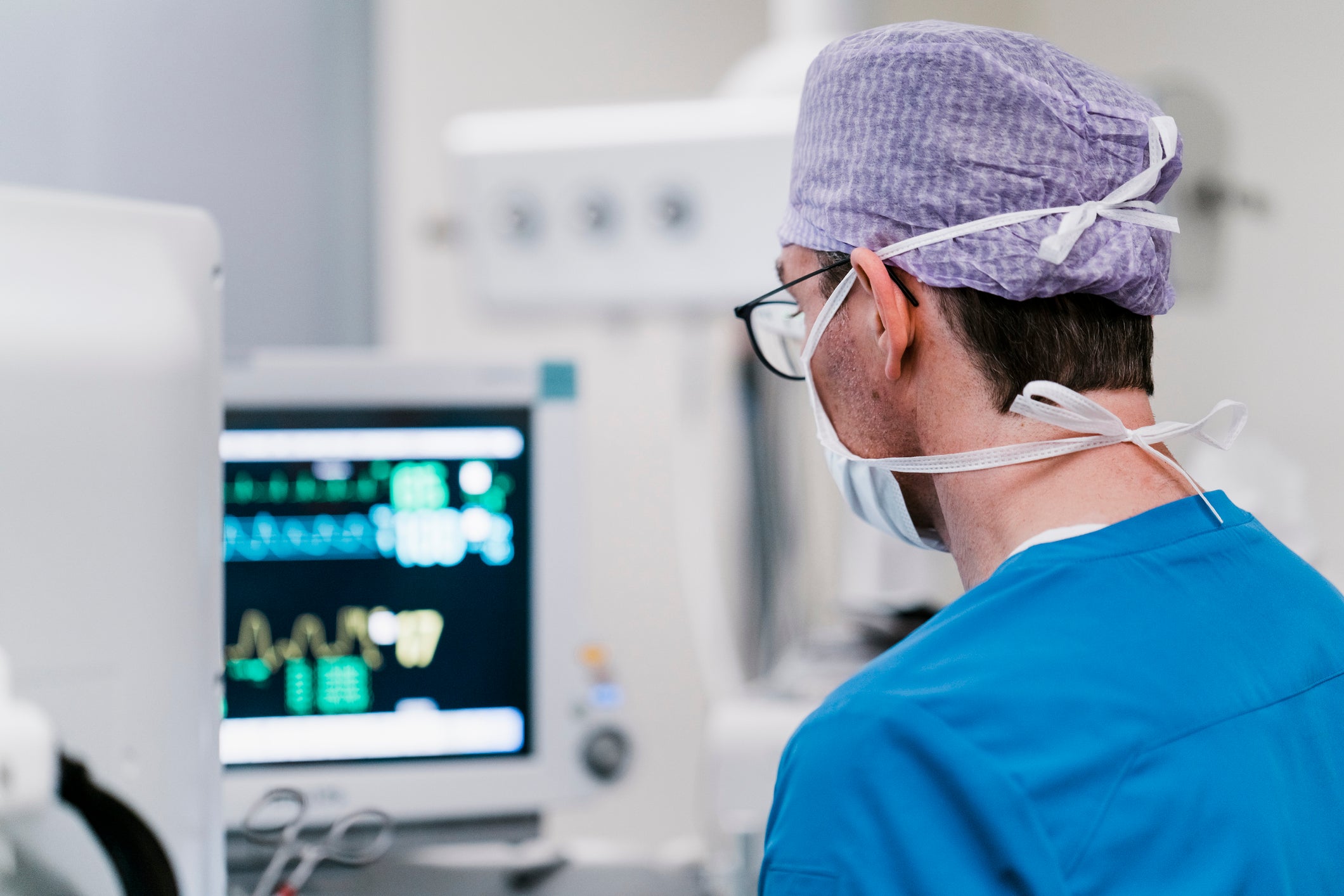Hundreds of hospital ventilators could stop working, NHS warned
Delays in replacements for faulty ventilators leads to warning from regulator

Your support helps us to tell the story
From reproductive rights to climate change to Big Tech, The Independent is on the ground when the story is developing. Whether it's investigating the financials of Elon Musk's pro-Trump PAC or producing our latest documentary, 'The A Word', which shines a light on the American women fighting for reproductive rights, we know how important it is to parse out the facts from the messaging.
At such a critical moment in US history, we need reporters on the ground. Your donation allows us to keep sending journalists to speak to both sides of the story.
The Independent is trusted by Americans across the entire political spectrum. And unlike many other quality news outlets, we choose not to lock Americans out of our reporting and analysis with paywalls. We believe quality journalism should be available to everyone, paid for by those who can afford it.
Your support makes all the difference.Hospitals have been warned hundreds of ventilators used to keep sedated patients alive are at risk of suddenly shutting down because of a fault, in some cases without warning.
The Medicines and Healthcare products Regulatory Agency, which said there were approximately 303 Philips Respironics V60 ventilators used in the UK, has warned hospitals over a delay in replacement parts arriving in the UK to fix the problem.
It has issued a safety alert to hospitals to make them aware of the increased risk.
The regulator said it had received one report of a ventilator suddenly shutting down but said there was no report of any injury to patients.
The supply of ventilators to the NHS has become a major critical area for the health service during the coronavirus pandemic when hospitals ran out of standard ventilators used in intensive care to breathe for unconscious patients.
Across the country, many patients were ventilated using anaesthetic ventilators designed for short-term use during surgery.
The Department of Health and Social Care has arranged to supply hospitals with replacement ventilators.
According to the safety alert, the fault with the Philips ventilators first emerged in March when Philips Health Systems issued a warning that the fault could cause a sudden shutdown.
The company said the ventilators could issue a warning that they were about to shut down but in some cases the device could stop working with no warning, meaning patients would not be ventilated and could suffer brain damage or death, depending on how long they went without oxygen before hospital staff realised.
The MHRA, which regulates medical devices, told The Independent: “The MHRA first became aware of this issue in March 2020 when Philips Respironics circulated a field safety notice concerning this problem to their affected customers, a copy of which is available on www.mhra.gov.uk. The MHRA swiftly issued a Medical Device Alert to amplify the issue.
“There are 303 affected devices in the UK. There has been one report of this type of failure in the UK. There have been no reports of patient injury in the UK reported to the MHRA to date.
“All hospitals should have back-up ventilators. However, the Department of Health and Social Care has made arrangements to supply replacement ventilators to any hospitals that feel they need them, to ensure capacity is maintained in the event of local Covid-19 outbreaks or other emergencies.”
Join our commenting forum
Join thought-provoking conversations, follow other Independent readers and see their replies
Comments